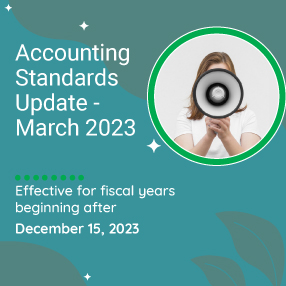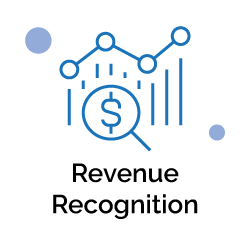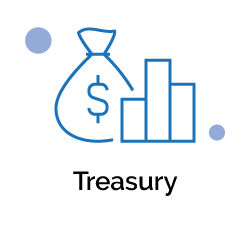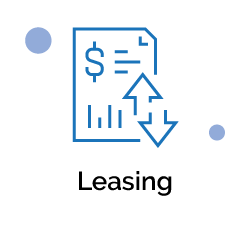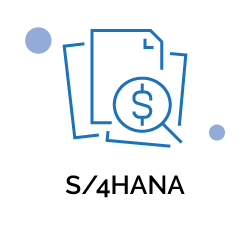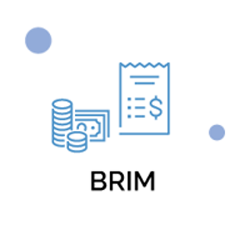Accounting Standards Update – March 2023
Why Is the FASB Issuing This Accounting Standards Update (Update)?
Since the issuance of Accounting Standards Update No. 2016-02, Leases (Topic 842), the Board has prioritized monitoring and assisting stakeholders with the implementation of Topic 842 through its Post-Implementation Review (PIR) process. PIR activities include, but are not limited to, responding to technical accounting inquiries and proactively seeking feedback on issues arising from applying Topic 842. The amendments in this Update respond to private company stakeholders’ concerns about applying Topic 842 to related party arrangements between entities under common control.
Who Is Affected by the Amendments in This Update?
What Are the Main Provisions, How Do They Differ from Current Generally Accepted Accounting
Principles (GAAP), and Why Are They an Improvement?
1. Terms and Conditions to Be Considered
Topic 842 requires that entities determine whether a related party arrangement between entities under common control (hereinafter referred to as a common control arrangement) is a lease. If the arrangement is determined to be a lease, an entity must classify and account for the lease on the same basis as an arrangement with an unrelated party (on the basis of legally enforceable terms and conditions).
That represents a change from the requirements of Topic 840, Leases, which required that an entity classify and account for an arrangement on the basis of economic substance when those terms and conditions were affected by the related party nature of the arrangement. Private company stakeholders observed that determining the enforceable terms and conditions of a common control arrangement to apply Topic 842 often is difficult and costly.
The amendments in this Update provide a practical expedient for private companies and not-for-profit entities that are not conduit bond obligors to use the written terms and conditions of a common control arrangement to determine:
2. Accounting for Leasehold Improvements
Topic 842 generally requires that leasehold improvements have an amortization period consistent with the shorter of the remaining lease term and the useful life of the improvements, which is an approach that is largely consistent with legacy guidance.The amendments in this Update require that leasehold improvements associated with common control leases be:
When Will the Amendments Be Effective?
The amendments in this Update for both Issue 1 and Issue 2 are effective for fiscal years beginning after December 15, 2023, including interim periods within those fiscal years. Early adoption is permitted for both interim and annual financial statements that have not yet been made available for issuance. If an entity adopts the amendments in an interim period, it must adopt them as of the beginning of the fiscal year that includes that interim period.
